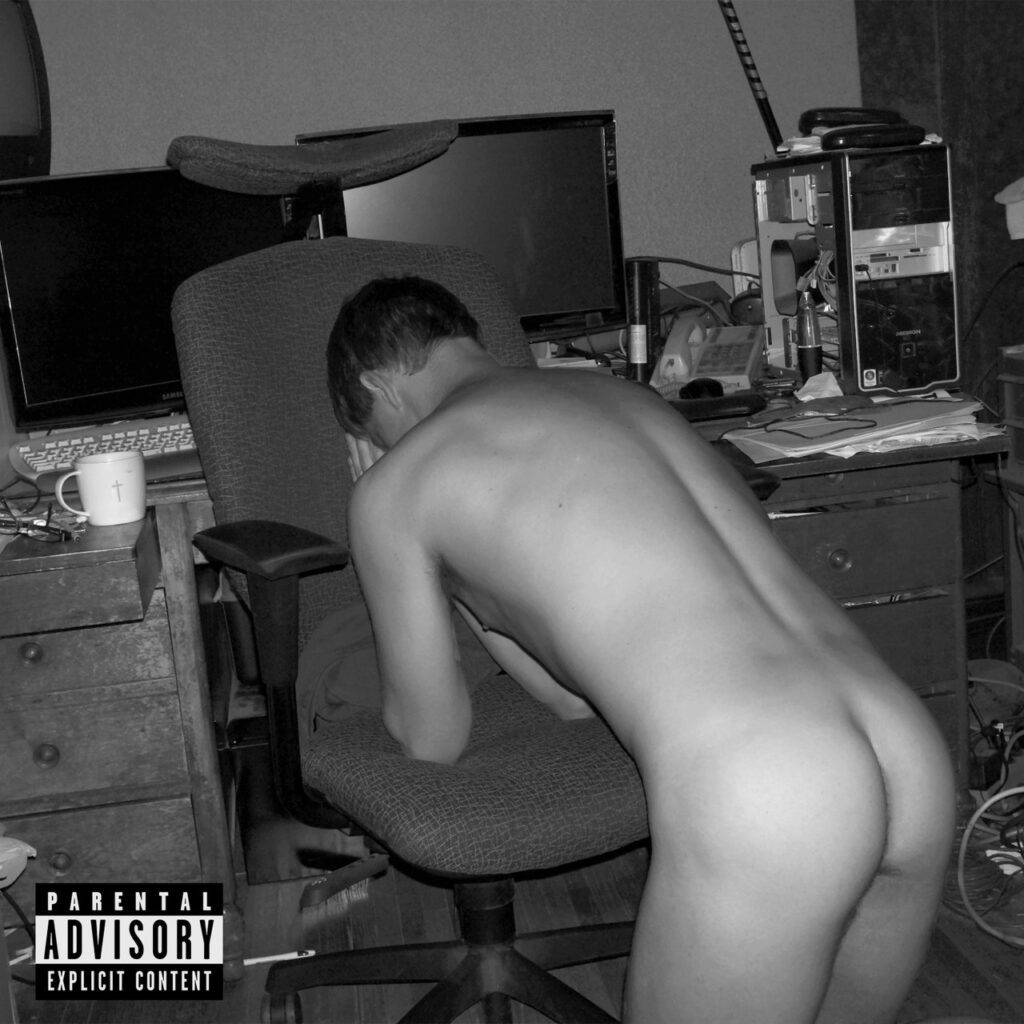For all the sweetness of the Drums’ music, they’ve always sounded crushed. As the leader—and now sole member—of the band, Jonny Pierce has written hundreds of spare, summery indie pop songs full of self-recrimination and self-examination. His new album, Jonny, is the culmination of 15 years of introspection. Pierce confronts head-on the memories of childhood trauma that have reverberated through the Drums’ past five albums, matching the mood with a sparer sound.
Filigreed with an edge of post-punk, Jonny is full of dreamy, minimal jangle pop. The lyrics are stark, sifting through Pierce’s past and examining how it’s invaded his present. In the sunny-sounding “Isolette,” Pierce describes the incubator where he was placed after a traumatic birth. He attributes his mother’s early detachment to this formative event, and the song follows those ripples into his adulthood intimacy. “You’ll find a better lover,” he apologizes to his subject. “I’m just back in the isolette.” Across Jonny, Pierce’s lyrics are unpoetic—the album ends with the refrain “I used to want to die/But now I don’t want to die!”—but the melodies are strong enough to carry them. “I Want It All” and “Plastic Envelope,” the two best songs here, express plaintive emotions with unadorned directness.
While the sound is pared back, there’s a greater variation in style, like the surprisingly grand, doo-wop-esque ballad “Be Gentle.” A Rico Nasty feature on “Dying” comes out of left field, but her voice, candy-sweet and bell-clear, blends right in; you only wish she had more interesting material to work with. Instead, the song is flat-soda synth-pop, with Pierce making a suitably uncomplex point (he’s been “dying all my life”)—a recipe that’s repeated across the tracklist. Pierce’s work has grown more insular since the Drums compressed into a solo act, and tracks like “Better” and “Pool God” feel at once bloated and shallow.
Even as excess weighs down Jonny, the album still glimmers with beauty. Pierce’s depictions of raw, strange intimacy have long distinguished the band’s music, and Jonny’s core scrutiny of trauma and its aftermath plays to his strengths. As a pop songwriter, Pierce’s instincts tend toward the brief and precise. With some editing and a tighter focus, Jonny could have brought those talents to their most evocative, full-bodied expression yet.
All products featured on Pitchfork are independently selected by our editors. However, when you buy something through our retail links, we may earn an affiliate commission.

